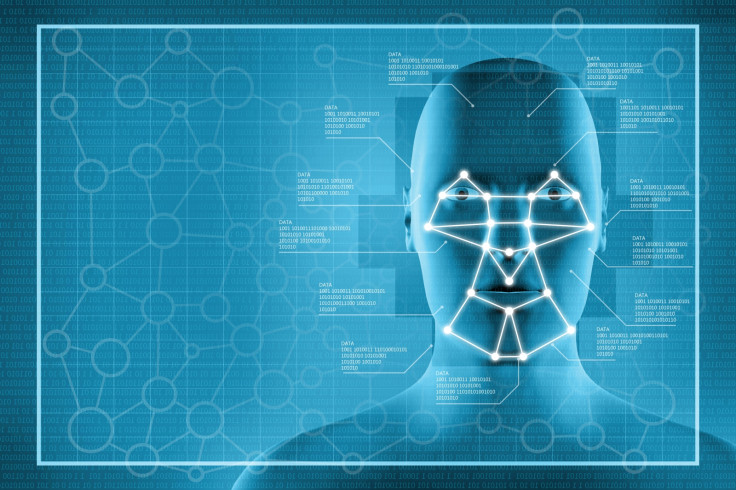Face masks continue to confuse even the top facial recognition systems, say researchers
With a face mask on, the error rate of facial recognition systems increase to five in every 100 cases from three in every 1,000 cases, according to the NIST.
In addition to the economic and health problems brought about by the COVID-19 pandemic, the tech industry also points out a security concern. Due to the precautionary measures suggested by health officials, a specific type of function has been rendered almost unusable. For many who rely on facial recognition for security and verification, face masks have become a hindrance for the software. In fact, the National Institute of Standards and Technology conducted a study to verify the issue.
At the start of the coronavirus outbreak, health experts recommended the use of personal protective equipment. Since there are still no available treatments or vaccines against SARS-CoV-2 and the disease it causes, prevention is the only option for now. Facial coverings such as cloth, surgical, and N95 masks have been proven to control transmissions.
Not only does it affect the biometric scanning capabilities of smartphones, but even the most technologically advanced facial recognition systems available right now. The health crisis seems to have uncovered an alarming flaw that will hopefully be addressed by developers in the future.
Using varying photos of the same person, researchers observed the performance of several one-to-one matching algorithms. Aside from unlocking smartphones, governments also use it for checking passports. According to the NIST, the agency tested around 89 algorithms provided by academic and tech groups.
Normally, facial recognition systems have an error rate of three in every 1,000 cases. With a face mask on, this purportedly increased to five in every 100 cases. Other factors that contribute to inaccuracy are the colour, shape, and how much of face is covered by the mask.
Mei Negan, a computer scientist from the agency and author of the report said: "We have begun by focusing on how an algorithm developed before the pandemic might be affected by subjects wearing face masks. Later this summer, we plan to test the accuracy of algorithms that were intentionally developed with masked faces in mind."

The use of face masks is expected to continue until a cure or vaccine finally ends the threat brought about by the 2019 novel coronavirus. Until then, users might need to switch to other methods to secure their mobile phones.
© Copyright IBTimes 2025. All rights reserved.





















